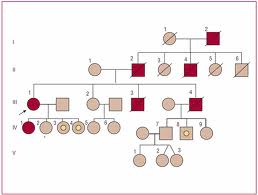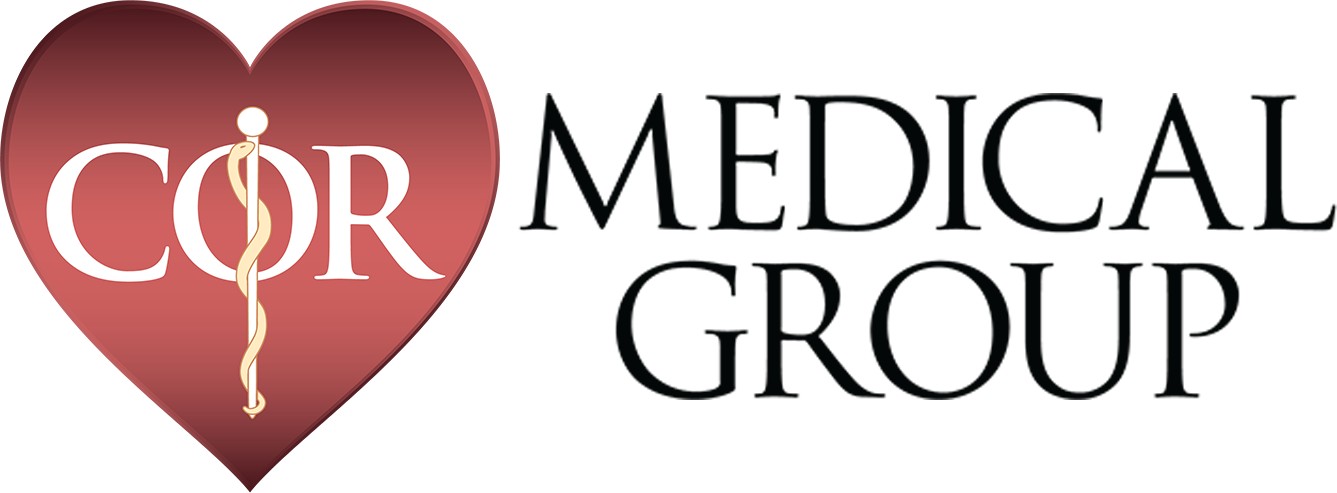Family History of Heart Disease

First we need to clarify some definitions. When referring to “heart disease,” typically that implies coronary artery disease which is the most common type of heart or cardiovascular disease in America. Interestingly, other types of heart disease such as congestive heart failure (including cardiomyopathy), heart valve disease, or atrial fibrillation are not typically included although more and more evidence is suggesting some degree of genetic predisposition to each of these types of heart problems.
Families can share a risk for several forms of heart disease. Common conditions such as stroke, high blood pressure, heart attack and diabetes have genetic components, And when referring to “family history,” the traditional definition, based on epidemiological data (that is evidence based on verified population studies), is if a first-degree male relative (e.g. father, brother) has suffered a heart attack before the age of 55, or if a first-degree female relative has suffered one before the age of 65, you are at greater risk of developing heart (coronary) disease.
It should be noted that most of this data was collected when most Americans were not living past their early seventies, and currently many will live well into their eighties or beyond. Thus the data is less clear about lifelong risk of developing heart disease if one’s relatives had a heart attack in their sixties or seventies. However, most cardiologists do feel that the family history risk factor is a spectrum of risk and all details of the family history should be considered as potentially important.Discussion of inherited heart disease usually refers to a specific condition – something that runs in families due to a specific gene. Such conditions include:
- inherited cardiomyopathies, conditions that thicken or thin the heart muscle or cause the heart to weaken and lead to heart failure or life-threatening arrhythmias.
- arrhythmias, when the heart’s electrical channels don’t function properly even if the heart is otherwise structurally normal appearing.
- disorders involving the aorta, the main blood vessel coming out of the heart, such as Marfan syndrome.
- familial hypercholesterolemia, which leads to very high levels of LDL, or “bad,” cholesterol which can lead to premature heart attacks or strokes.
An inherited problem can lie hidden for years. Sometimes, the first symptom is cardiac arrest or sudden death.
Other times, people learn of a condition because something happened to a relative, which is why gathering a thorough family history is a key early step in the diagnosis.
Genetic testing or looking at one’s DNA is not quite ready for prime-time for the most common cardiac conditions but is evolving into a more powerful tool for certain conditions.
However, you can protect yourself by taking care of your heart, as the development of cardiovascular disease involves many different factors, not just your family history. Whereas family history indicates a genetic predisposition to heart attack, it also means that you may be genetically vulnerable to developing other contributing risk factors, like a genetic cholesterol abnormality, obesity, diabetes, high blood pressure — all of which can create a predisposition to or an increased risk of heart disease.

The general gist is that the more family members you have or had with arterial disease (blood vessel problems), the closer they are related to you, and the younger the age when they had their problems, the magnitude of risk to you of having premature heart disease increases.
However, you can protect yourself by taking care of your heart, as the development of cardiovascular disease involves many different factors, not just your family history. Whereas family history indicates a genetic predisposition to heart attack, it also means that you may be genetically vulnerable to developing other contributing risk factors, like a genetic cholesterol abnormality, obesity, diabetes, high blood pressure — all of which can create a predisposition to or an increased risk of heart disease.

When a heart attack occurs in a relatively young family member, it’s important that all first-degree relatives are screened.
If you do have a strong family history [of heart attacks], particularly at a young age, it’s in your best interest to make sure your blood pressure is under control and get your cholesterol checked. One should do those things we know can lower your risk in helping to prevent having a heart attack.
Newer technology also now allows us to image the arteries of the heart (coronary calcium scans) or neck (carotid IMT imaging) to help determine how aggressive we need to be with recognizing and treating risk factors for heart disease and stroke.
For more information about Family History of Heart Disease, click here (CardioSmart) or here (American Heart Association).
Written by and/or reviewed by Mark K. Urman, M.D. and Jeffrey F. Caren, M.D.
Updated 08/29/2021
PLEASE NOTE: The information above is provided for general informational and educational purposes only and should not be used during any medical emergency. The information provided herein is not intended to be a substitute for medical advice, nor should it be used for the diagnosis or treatment of any medical condition. Accordingly, it should not be relied upon as a substitute for consultation with licensed and qualified health professionals who are familiar with your individual medical needs. Call 911 for all medical emergencies. Links to other sites are provided for information only – they do not constitute endorsements of those other sites. Please see Terms of Use for more information.


